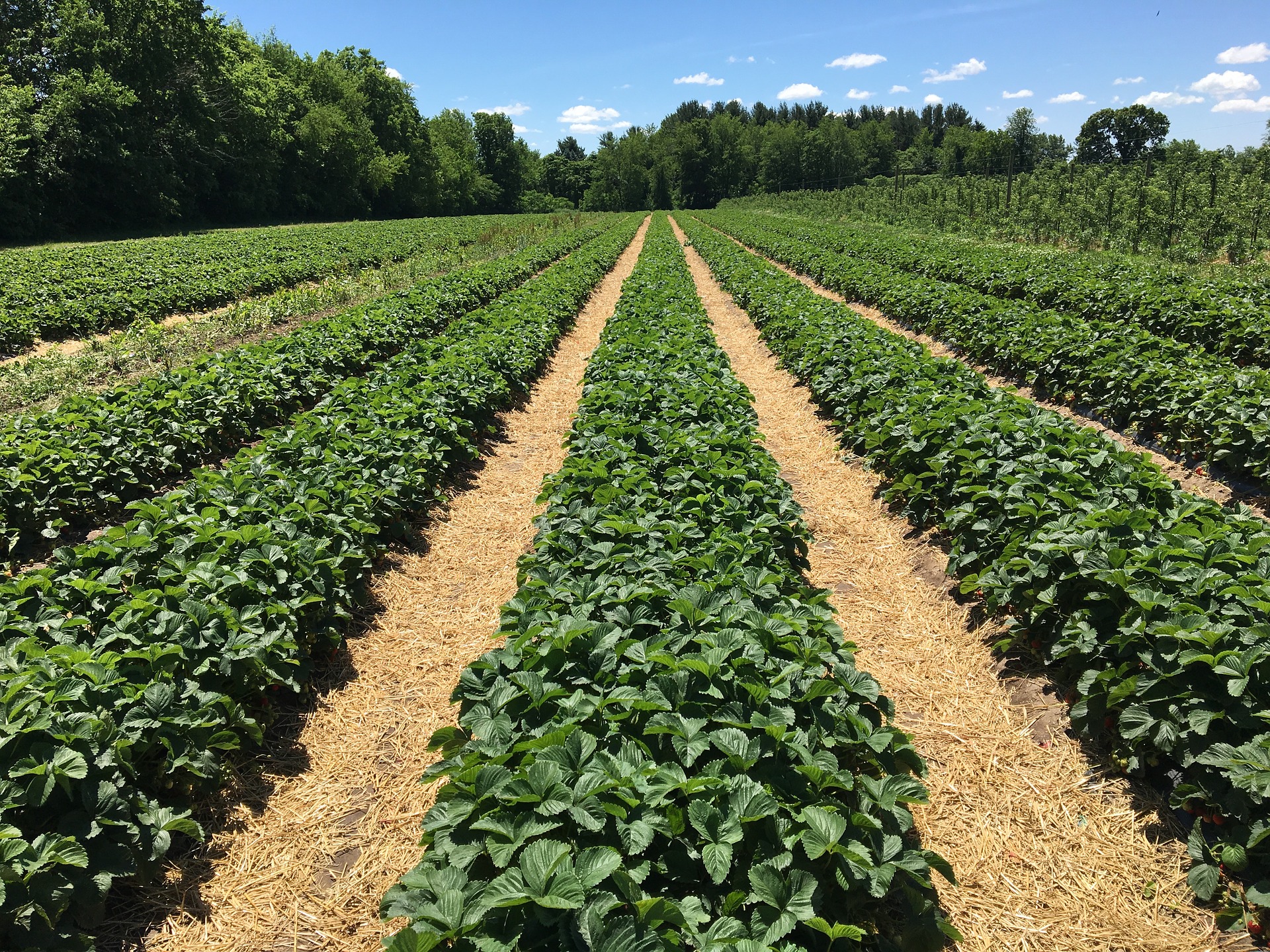We Know How Food Production Needs to Change If Crisis Is to Be Avoided – So Why Isn’t This Happening?
Author: Nina Moeller, Michael Pimbert | Published: March 26, 2018
As the world races toward a projected 9 billion inhabitants, the failings of dominant food systems are impossible to deny. Current food production methods are severely polluting. They are the cause of malnutrition. They are also inequitable, and unjustifiably wasteful. And they are concentrated in the hands of few corporations. Entangled in the multiple crises humanity is facing, establishing global food security is considered a key challenge of our time.
Against the backdrop of climate change, resource shortages and urbanisation, the question of how to ensure adequate food supply for everyone looms rather large. The usual response emphasises intensifying the output of agriculture through the common model of petrochemical, large-scale, one-crop, intensive farming.
But business as usual is no longer an option for food and agriculture. The global agriculture system will have to be radically transformed to avoid further environmental and social problems, as was concluded by a three-year study commissioned by the UN and the World Bank involving more than 400 scientists. This report, as well as subsequent international studies by the UN Conference on Trade and Development and the UN Special Rapporteur on the Right to Food, have convincingly demonstrated that agroecology – farming that imitates natural ecosystems – is the most promising pathway to sustainable food systems on all continents.

